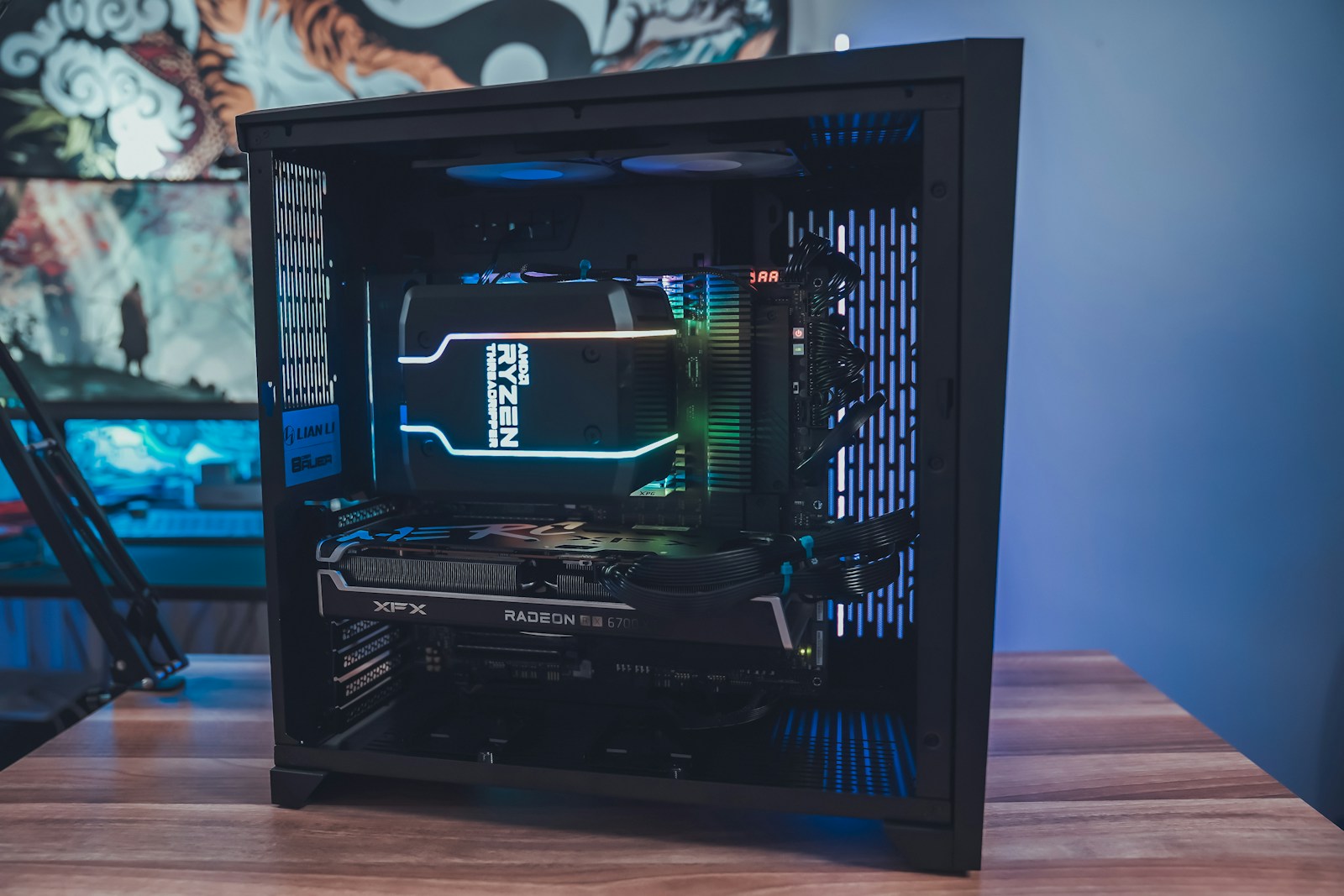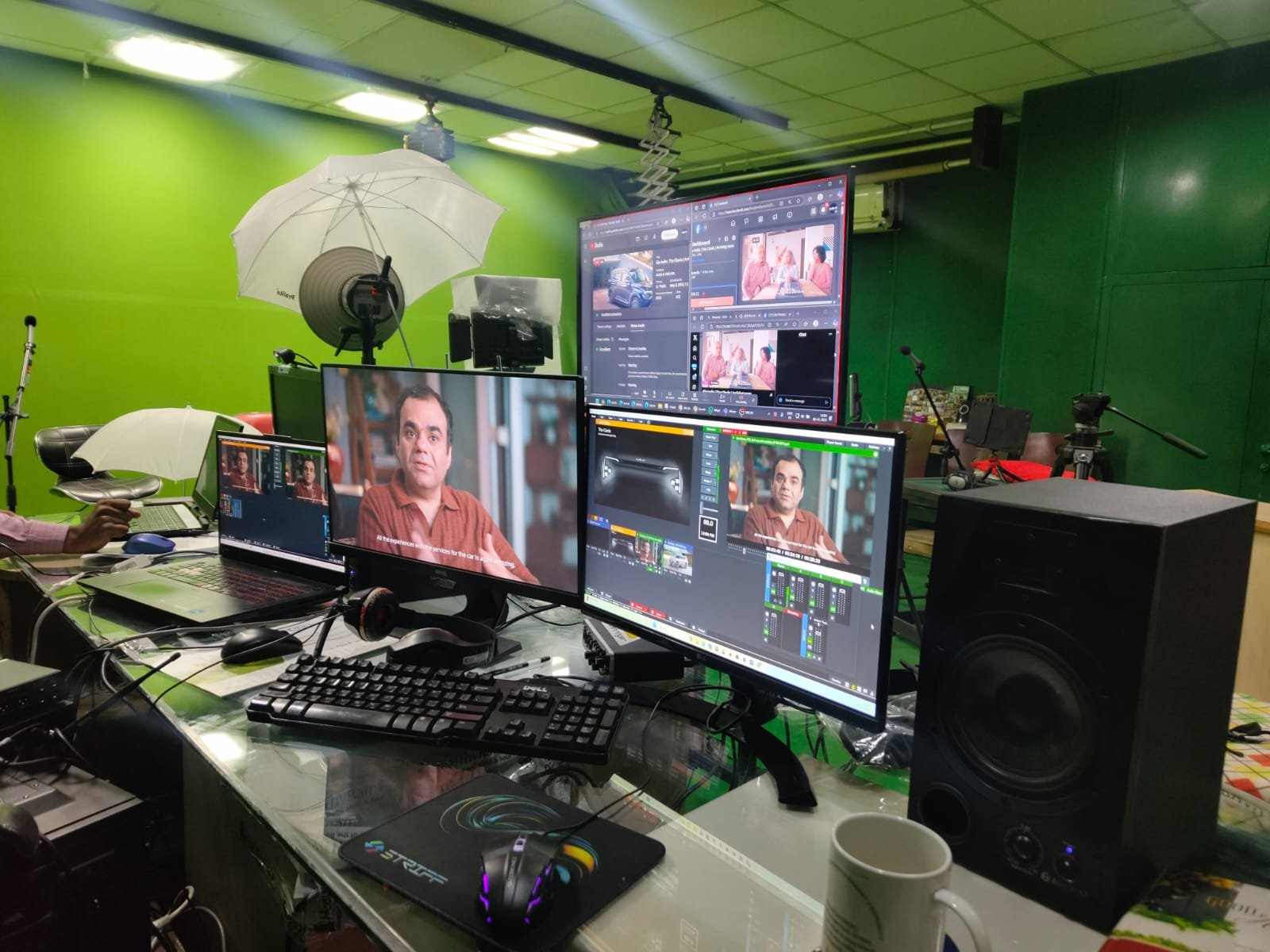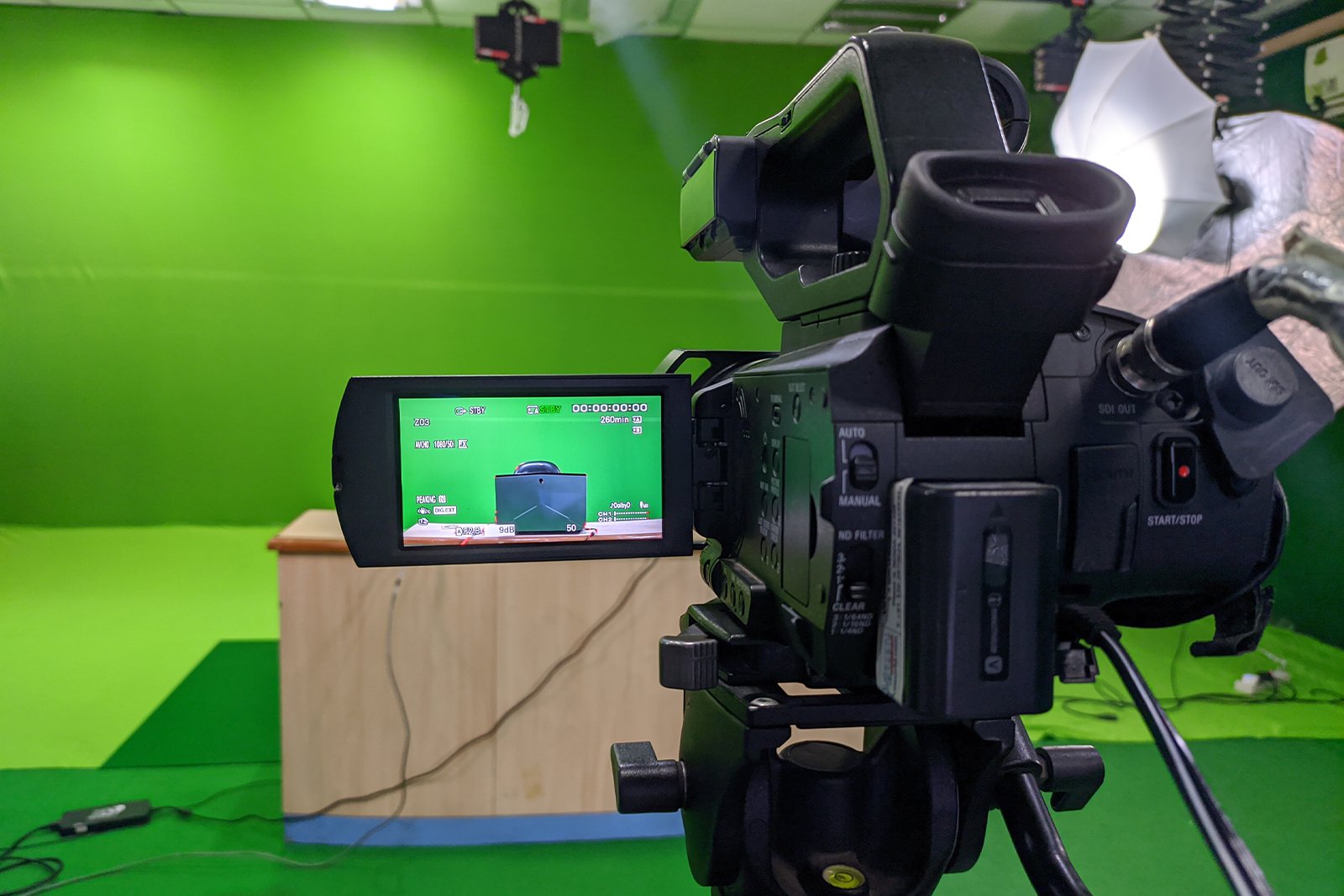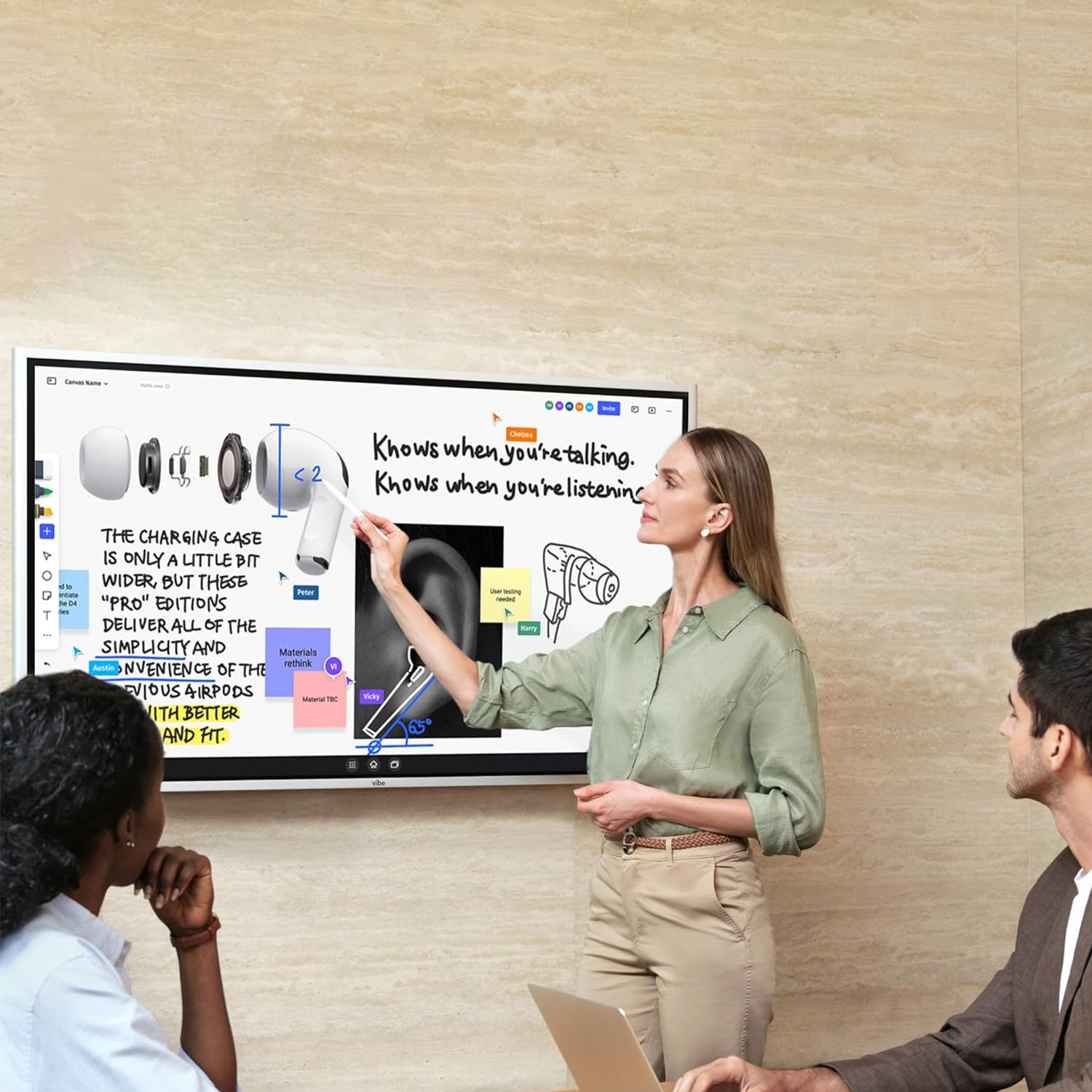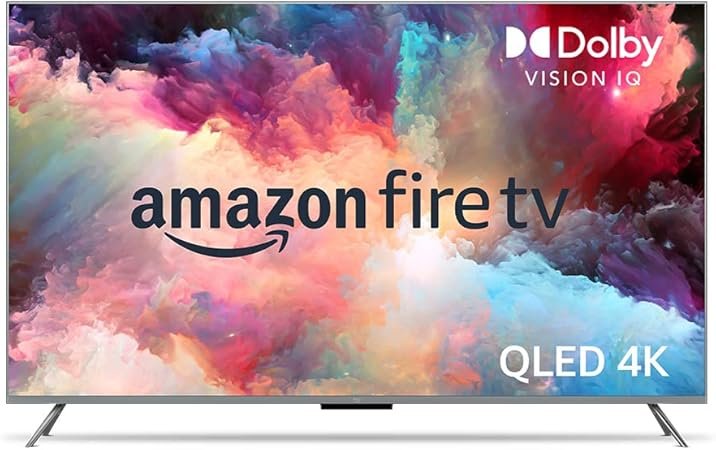Tower PCs, also known as desktop towers, are the traditional and highly customizable desktop computers that offer maximum power, flexibility, and expansion options. Whether you’re a gamer, a creative professional, or someone who needs a powerful workstation for multitasking, tower PCs provide the performance you need for demanding tasks. In this blog, we will delve into the features, benefits, and best tower PCs to consider for different use cases.
What is a Tower PC?
A tower PC refers to a desktop computer where the central processing unit (CPU), storage drives, memory, and power supply are housed in a vertical, tower-shaped case. Unlike all-in-one (AIO) PCs, tower PCs are standalone units that require an external monitor, keyboard, and mouse. These systems are popular for their versatility, performance, and upgradability, making them ideal for users who need more power and customization than typical laptops or all-in-one units.
Why Choose a Tower PC?
- Customization and Upgradability:
- Tower PCs are highly customizable, allowing users to upgrade individual components like the CPU, GPU, RAM, storage, and more.
- You can easily swap out parts to keep your system up-to-date with the latest technology.
- Superior Performance:
- Tower PCs offer more room for powerful hardware, enabling them to support high-performance processors, dedicated graphics cards, and large storage options.
- They are perfect for gaming, video editing, 3D rendering, and other resource-intensive tasks.
- Better Cooling:
- With larger chassis and dedicated cooling systems, tower PCs can effectively handle heat dissipation, ensuring optimal performance even during long hours of use.
- Cost-Effective:
- When compared to high-performance laptops, tower PCs generally offer better performance per dollar.
- You can choose from a variety of models at different price points based on your needs.
- Multiple Expansion Slots and Ports:
- Tower PCs are designed with multiple expansion slots and ports, making it easy to add extra storage drives, GPUs, and peripheral devices.
Key Features to Look for in a Tower PC
- Processor (CPU):
- Intel Core i5, i7, or i9 or AMD Ryzen processors are ideal for high-performance tasks such as gaming, video editing, and software development.
- Multi-core processors are essential for multitasking and heavy applications.
- Graphics Card (GPU):
- NVIDIA and AMD Radeon GPUs are necessary for gaming, 3D rendering, and other graphically demanding tasks.
- Dedicated GPUs are crucial for performance in gaming and creative work.
- Memory (RAM):
- At least 8GB RAM for regular tasks and 16GB or more for gaming, video editing, and other intensive tasks.
- Look for expandable RAM options for future upgrades.
- Storage:
- Choose between HDD (Hard Disk Drive) for larger storage at lower costs or SSD (Solid State Drive) for faster data access and boot speeds.
- Hybrid storage (combining SSD and HDD) is a popular option for performance and capacity.
- Cooling System:
- Ensure the system has adequate cooling, such as air or liquid cooling to maintain performance without overheating.
- High-performance tower PCs often come with custom cooling solutions for overclocking.
- Connectivity and Ports:
- USB-C, USB 3.0, HDMI, and DisplayPort connections for flexibility and connecting to various devices.
- Look for Wi-Fi 6 and Bluetooth compatibility for the best wireless connectivity.
Pros and Cons of Tower PCs
Pros:
- High Customization: Upgrade or swap parts as needed to meet evolving requirements.
- Superior Performance: Capable of handling demanding tasks like gaming, video editing, and 3D rendering.
- Cooling and Efficiency: Better cooling systems prevent overheating during intensive use.
- Expandable Storage: Room for additional storage drives and expansion cards.
- Cost-Effective: Better value for money in terms of performance, compared to laptops.
Cons:
- Space Requirements: Tower PCs are bulkier than laptops and all-in-one systems.
- Setup Complexity: Requires a separate monitor, keyboard, and mouse, which can lead to a more complex setup.
- Portability: Unlike laptops, tower PCs are not designed for portability.
Best-Selling Tower PCs to Consider
No products found.
Tower PCs vs. All-in-One PCs
| Feature | Tower PCs | All-in-One PCs |
| Customization | High – easily upgrade hardware. | Limited upgrades. |
| Performance | Excellent for high-end tasks. | Moderate, suitable for casual use. |
| Space | Requires space for the tower and peripherals. | Compact design saves space. |
| Portability | Stationary and bulky. | Portable and all-in-one setup. |
| Price | More affordable for performance. | Higher prices for all-in-one convenience. |
Conclusion
Tower PCs remain the go-to choice for power users, gamers, and professionals who need a high level of customization, performance, and expansion. Whether you’re building a gaming rig, a professional workstation, or a powerful home PC, tower PCs provide the flexibility and performance you need. While they require more space and come with a steeper learning curve during setup, the advantages they offer in terms of upgradeability, power, and overall value are unmatched.
Disclosure: As an Amazon Associate, Virtual Studio earns from qualifying purchases. This comes at no additional cost to you and helps support our work.

